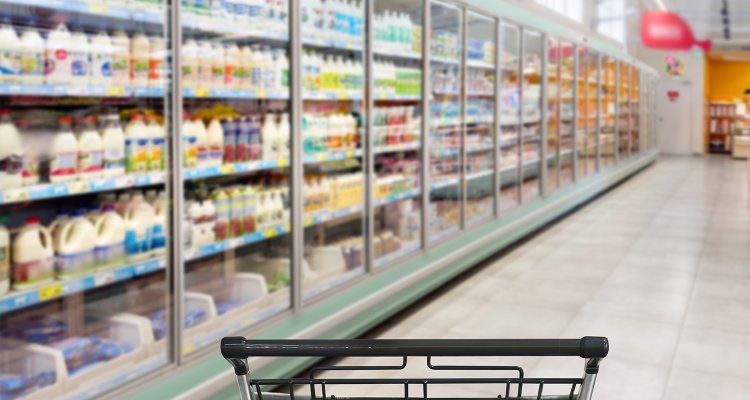
Project
InReP: an integrated approach to plastic recycling
Together with a large industrial consortium, WFBR studies the mechanical recycling of plastics; what is a credible pathway towards food-safe recycled plastics?
Plastic is a commonly used material for food packaging; it is cheap, protects well and is lightweight. However, it also contributes to greenhouse gas emissions and pollution of the environment. In addition to reuse, recycling is one of the solutions to limit those adversities . In a circular economy, the aim is to convert recycled food packaging into food packaging again. However, this is often not yet allowed. There are, rightly so, strict rules for using recycled plastics as food contact material. PET bottles are an exception. These are collected via a deposit system and the recycled PET can be used again in new bottles. PET trays are now also recycled in a food-safe manner. However, most plastic packages are made of PE or PP (polyolefins). These are recycled, but only a very small part as a food-safe material.
WFBR’s focus within InReP is to investigate how the highest possible quality (ultimately food-safe) recycled plastics can be made using mechanical recycling. We focus on polyolefins. Firstly, we seek a better understanding on where and how contaminants enter the material in the value chain. We track packaging from factory to store, consumer, sorting facility and recycler and measure the level of contaminants at various points along the value chain. With a better understanding of how contaminants enter the material, we can propose apt mitigation strategies to prevent this. Furthermore, in collaboration with other project partners, we’re testing and comparing various decontamination methods. Naturally, everything is studied within the context of the current food contact material legislation.
Einddoel is om een beeld te hebben van welke stappen nodig zijn om een zo hoog mogelijke kwaliteit recyclaat te produceren met mechanische recycling. Hierbij kan gedacht worden aan technologische aanpassingen in het recyclingproces, maar ook aan bijvoorbeeld een ander ontwerp van een verpakking. Bovendien zal binnen het project samen met de industriële partners een demo-product gemaakt worden. Aanvullend hierop is WFBR nauw betrokken bij het modelleren van de sorteer- en recyclingketen, om inzicht te krijgen wat voor ieder type materiaal de meest optimale volgende bestemming is.
The final goal is to define the prerequisites to produce the highest possible quality of recycled plastics with mechanical recycling. This could include technological adjustments in the recycling process, but also design for recycling measures, for example. In addition, a demo product will be created within the project together with the industrial partners.
In addition, to gain insight into the most optimal next destination for each type of recycled material, WFBR is closely involved in modeling the sorting and recycling chain.